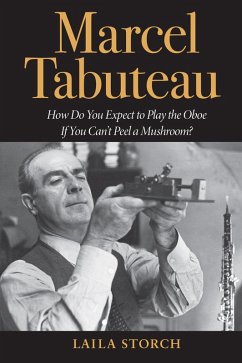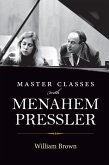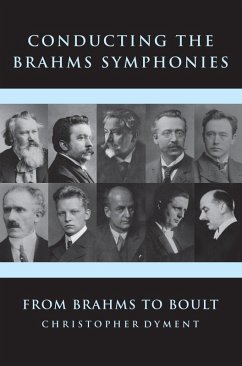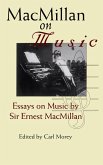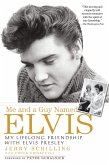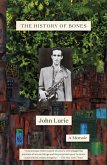Laila Storch is a world-renowned oboist in her own right, but her book honors Marcel Tabuteau, one of the greatest figures in twentieth-century music. Tabuteau studied the oboe from an early age at the Paris Conservatoire and was brought to the United States in 1905, by Walter Damrosch, to play with the New York Symphony Orchestra. Although this posed a problem for the national musicians' union, he was ultimately allowed to stay, and the rest, as they say, is history. Eventually moving to Philadelphia, Tabuteau played in the Philadelphia Orchestra and taught at the Curtis Institute of Music, ultimately revamping the oboe world with his performance, pedagogical, and reed-making techniques.
In 1941, Storch auditioned for Tabuteau at the Curtis Institute, but was rejected because of her gender. After much persistence and several cross-country bus trips, she was eventually accepted and began a life of study with Tabuteau. Blending archival research with personal anecdotes, and including access to rare recordings of Tabuteau and Waldemar Wolsing, Storch tells a remarkable story in an engaging style.
In 1941, Storch auditioned for Tabuteau at the Curtis Institute, but was rejected because of her gender. After much persistence and several cross-country bus trips, she was eventually accepted and began a life of study with Tabuteau. Blending archival research with personal anecdotes, and including access to rare recordings of Tabuteau and Waldemar Wolsing, Storch tells a remarkable story in an engaging style.
Dieser Download kann aus rechtlichen Gründen nur mit Rechnungsadresse in A, D ausgeliefert werden.

